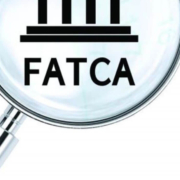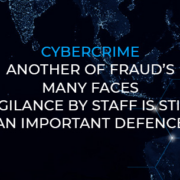Course Description
This is a series of short courses to train banking staff on what they need to know to comply with some of the most important banking laws
Significant penalties apply if a financial services business fails to comply with these fundamental consumer protection laws. This series of courses have been written by our expert financial services staff to equip banking staff to comply.
These short, single-module courses provide an overview of the relevant laws, and introduce staff to the relevant legal requirements. They include illustrative scenarios and short summative quizzes to allow staff to demonstrate mastery of the subject material.
The courses available are
For more details, click on the course names above.
For more details, click on the course names above.
Who is this training for?
The course is a suitable introduction for all banking staff, particularly those who are customer-facing.
Scenarios
The training is enlivened by the use of scenarios throughout, that relate the material back to real-world situations that learners may face. The scenarios are supported by formative questions that provide guidance and feedback to learners.
[…]banks can’t afford not to comply. Banks that aren’t on top of the changes being made to the rules and don’t swiftly make business adjustments to comply with those changes, subject themselves to fines, reputational damage and potentially expensive litigation. There are numerous examples of banks making headlines for the past transgressions and paying the prices as a result. In 2013 alone, the agency collected $49 billion in penalties.
Forbes The Four Things Every Bank Should Be Doing Now To Protect Consumers August 182014
Course Outline
- Introduction to Fair Credit Reporting Act (FCRA)
- Fair Lending
- Introduction to the Office of Foreign Assets Control (OFAC)
- Introduction to Regulation Z and the Truth in Lending Act (TILA)
- Introduction to Regulation CC and the Expedited Funds Availability Act
- Introduction to Regulation E and the Electronic Funds Transfer Act
- Introduction to Regulation D: Reserve Requirements
- Introduction to Regulation DD and the Truth in Savings Act









